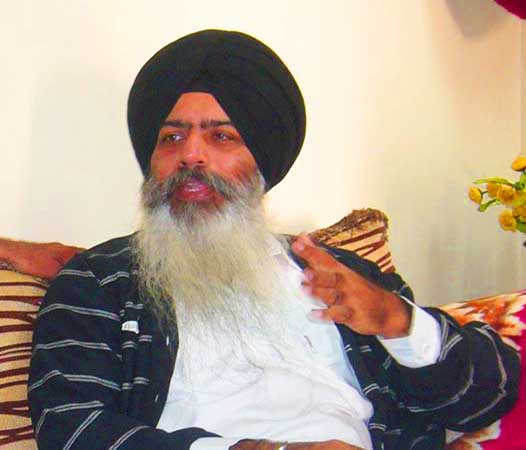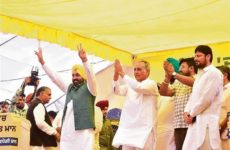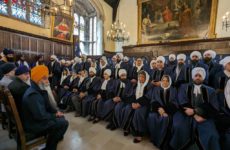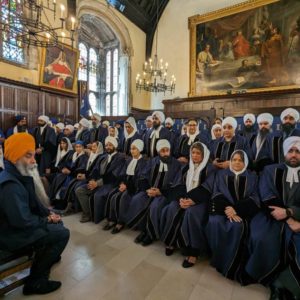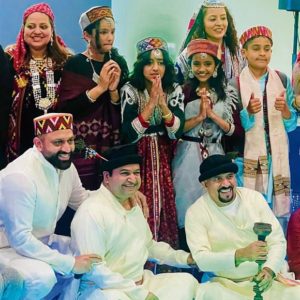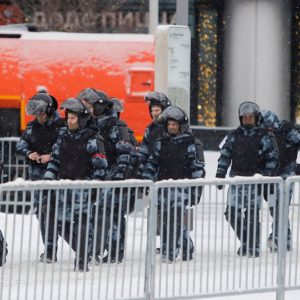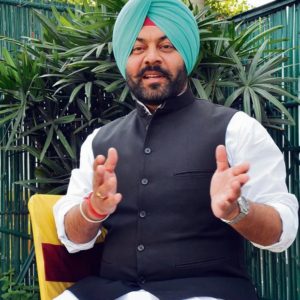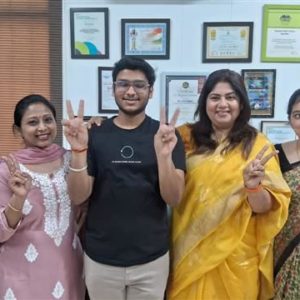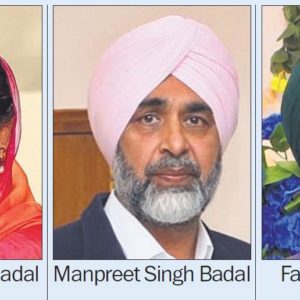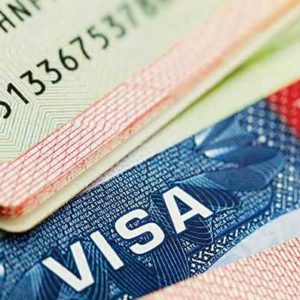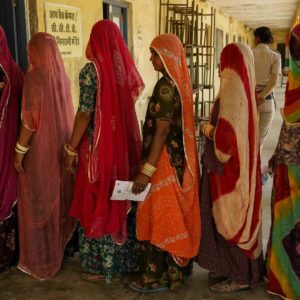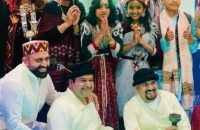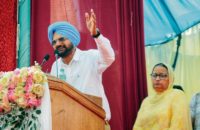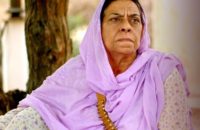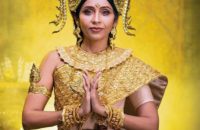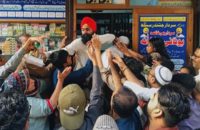Hoshiarpur- Joining issue with the Union Minister Kiren Rijju that freedom of expression does not give right to make college campuses hub of anti-national activity, the Dal Khalsa wants the minister to explain who will decide what’s “national and what’s anti-national”.
Party spokesperson Kanwar Pal Singh wondered whether “what’s national and what’s not” would be decided by the law or the ruling party and its goons.
Strongly condemning the ABVP for indulging in hooliganism at Ramjas College in Delhi, he said the RSS’s affiliated youth body with the connivance of Delhi administration thrashed students, teachers and journalists who don’t subscribe to their so-called definition of nationalism.
Referring to Amnesty International report, he said the report has vindicated our stand that the state and the non-state actors under Modi Sarkar have virtually turned India into a terrible place to live as a free human being. India’s claim for being a “great” democracy is mere farce and fraud, he said.
Amnesty while reporting facts about rights abuses in 2016, has stated that the crude, colonial-era sedition law was unleashed to silence government’s critics”.
While hailing the Amnesty International’s report on human rights violations in various parts of India, party’s secretary for human rights Prithpal Singh said it stands an eye-opener for the world powers and the UN that has been maintaining studied silence over the poor record of rights in the country.
Dal Khalsa however, expressed surprise that Amnesty has not mentioned the incidents of police excesses committed by Akali-BJP govt in Punjab during last year in its report. He said from Punjab to Kashmir, from Tamil Nadu to the North-East, a common feature of violations in these parts of the country is the flagrant misuse of laws by security forces and the impunity they enjoyed under such laws. The organization urged UN and five permanent security council members to use their influence and ensure that rights of oppressed people including ethnic minorities and Dalits are restored and respected.




 Indians Immigrate To Canada In Record Numbers
Indians Immigrate To Canada In Record Numbers
